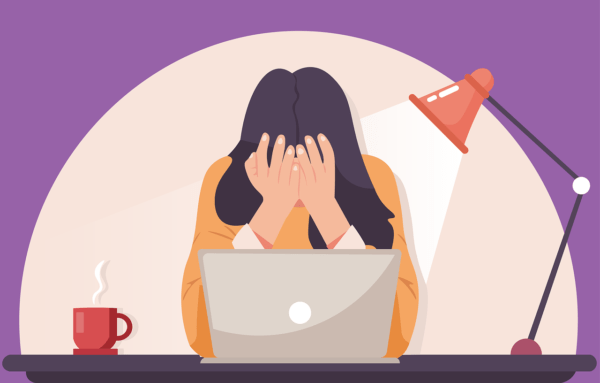
Experts Reveal 6 Tips on Coping With Brain Fog

The past year of Covid-19 restrictions have drastically changed our daily routines. After months of isolation and reduced social interaction, a recent study looked into how these changes have impacted our brain’s health.
As we return to our post-covid routines, a commonly experienced problem has been coping with brain fog. As part of the research, the team at Audley Villages provide us with some tips on how to cope with and reduce the effects of brain fog.
What Is Brain Fog?
Neuro-linguistic programming coach Rebecca Lockwood has provided some insight on brain fog stating:
“When you are unfocused and constantly in your mind thinking of things and worrying it can leave the brain feeling foggy and unfocussed making it hard to concentrate.”
“It’s important for your emotional and mental wellbeing to consistently look after your mental health. This is often recognized as ‘brain fog’. Brain fog can leave you feeling like you are unable to concentrate for long enough to do anything productive. It can also leave you feeling as though making the smallest of decisions is hard, can cause headaches and heightened stress and anxiety levels.”
6 Tips on How To Reduce the Effects of Brain Fog
- Take regular breaks
Rebbecca Lockwood suggests “Taking regular breaks and not attempting to push yourself too far. If you are feeling like you need a time out, then take one. Have no expectations of yourself and what you should be doing and allow yourself to honour the feelings you have.”
- Take time away from digital screens
“Staring at screens a lot can cause you to go into foveal vision too much. This is when you are only focused on the thing right in front of you. This alone can heighten stress levels and cause you to feel less motivated to do much else.”
“The opposite of this is peripheral vision. This is when ‘you have eyes in the back of your head’ as your mum may have told you when you were young. When we are in peripheral vision, we are able to focus on all of the things around us at the same time, this leaves us feeling calmer and more grounded within ourselves.”
- Eliminate distractions
With screen time on the rise and the internet becoming more accessible than ever Rebecca recommends “Moving your phone out of your awareness, and eliminating any other distractions that may tease you into doing something else instead.”
- Ensure you are getting sufficient amounts of water and sleep
Adjusting certain lifestyle factors can have a large impact on brain fog. Nutritionist Ellie Busby highlights the importance of gaining 7-8 hours of sleep every night while also increasing your water consumption to at least 1.5 litres every day.
- Analyse your diet
Nutritionist Ellie Busby recommends “Checking you’re drinking enough water and getting the most important brain nutrients. Log all your food and supplements for a few days using a nutrient tracker such as MyFitnessPal or Cronometer. Make sure you’re supplementing B12 and iodine every day if you’re vegan or vegetarian, and make sure you’re getting enough iron if your ferritin levels are low.”
- Relax
Ellie Busby also recommends taking part in activities that help you relax and reduce your stress levels such as going for a walk, yoga or reading as they can be a great way to reduce the effects of brain fog.
















































